14 Latine-Led Organizations Working Toward Social Justice
Learn how these Latine-led organizations are working for racial equity, environmental justice, and youth engagement in their communities.
Learn how these Latine-led organizations are working for racial equity, environmental justice, and youth engagement in their communities.
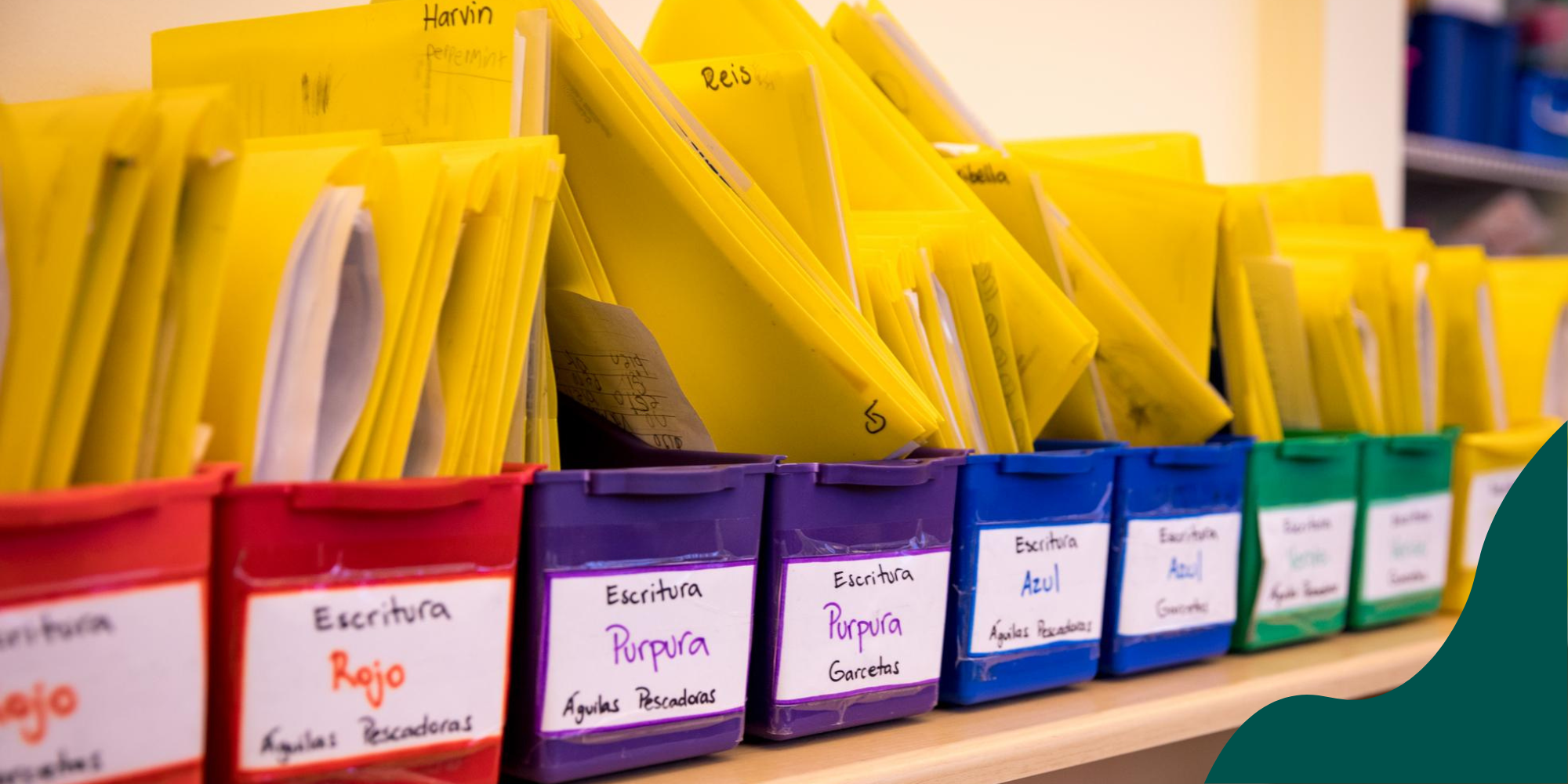
Post last updated September 18, 2024.
Racial justice matters every day. At FoodCorps, we’re on a journey toward becoming an anti-racist organization, and we’re actively turning our intentions into practice.
Today, we’re continuing to shine a spotlight on BIMPOC-led organizations doing incredible work in the fields of racial equity, environmental justice, and youth engagement. The following organizations are Latine-led and serve diverse communities across the country. We hope you’ll learn more about them, follow them on social media, and donate to their important work.
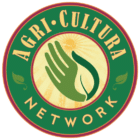
“The Agricultura Cooperative Network, doing business as Agri‑Cultura Network, provides access to local produce to promote nutrition and economic development through traditional and innovative agricultural practices, therefore furthering environmental and community stewardship to strengthen the agrarian and cultural heritage of our land and its residents. As a cooperative with nine member farms, our wholesale business program aggregates, processes, delivers, collects customer payment, and distributes farm payment. In addition, we support development of farm capacity while providing nutrition education and food access through a CSA and community events.”
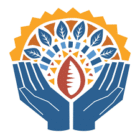 La Semilla Food Center
La Semilla Food Center“La Semilla Food Center’s mission is to build a healthy, self-reliant, fair, and sustainable food system in the Paso del Norte region of southern New Mexico and El Paso, Texas. We envision a vibrant food system that prioritizes community and environmental health. La Semilla was established in 2010, the result of community garden, youth development, and food system education efforts in southern New Mexico. Owing to these efforts, La Semilla is the only nonprofit organization solely devoted to fostering a healthy Paso del Norte food system.”
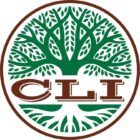 CAPACES Leadership Institute
CAPACES Leadership Institute“The CLI is a non-profit organization based in Woodburn, Oregon that was founded to prepare leaders with the political consciousness and capacity needed to lead and support social justice work. The Institute is a permanent part of the Oregon farmworker movement, led by PCUN and is a place where leaders of today and tomorrow engage the values and big ideas of social and economic equity; increase their knowledge and appreciation of social change history—their own and the history of struggles which have shaped theirs; gain the skills to advance workers’ struggles—in agriculture and allied industries, for farmworkers collective bargaining, and for Latino community wellbeing; and foster greater unity and collaboration.”
 Green Village Initiative*
Green Village Initiative*“Green Village Initiative is a non-profit in Bridgeport, Connecticut whose mission is to grow food, knowledge, leadership and community, through urban gardening and farming, to create a more just food system in Bridgeport. Green Village Initiative’s farms and gardens nurture a grassroots movement of urban growers of all ages across the city. We manage a network of Community Gardens, School Gardens, Reservoir Community Farm, and a Youth Leadership program for the benefit of the Bridgeport community.”
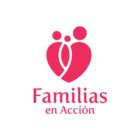 Familias en Acción
Familias en Acción“Familias en Acción (Familias) was founded in 1998, in response to the need for a culturally specific organization to promote health for Hispanics. The mission of Familias is to promote holistic family well-being for Latinos through community engagement, education, and advocacy for social change. Our constituency is low income Latinos who live in the Portland and Salem metropolitan regions, and we have currently made strides for state-wide partnerships and reach.”
 Southwest Organizing Project
Southwest Organizing Project“The SouthWest Organizing Project was founded in 1980 by young activists of color to empower our communities in the SouthWest to realize racial and gender equality and social and economic justice. We seek to redefine power relationships by bringing together the collective action, talents, and resources of the people within our communities. We work primarily in low-income communities of color to gain community control of our land and resources.”
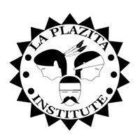 La Plazita Institute
La Plazita Institute“La Plazita Institute, Inc.’s (LPI) mission is using a comprehensive, holistic and cultural approach designed around the philosophy of ‘La Cultura Cura,’ to engage with youth, elders and communities to draw from their own roots and histories that will express core traditional values of respect, honor, love, and family. We are a 501(c)(3) community organization with initiatives to engage vulnerable youth and families to improve the focus areas of cultural restorative justice; agriculture, conservation, community revitalization, and economic self-sustainability; community learning, non-traditional leadership, and social enterprise; traditional and spiritual healing; racial equity, health and family wellness; and community engagement and collective impact.”
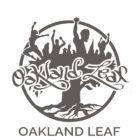 Oakland Leaf
Oakland Leaf“Oakland Leaf serves 1,000 students annually through after-school programming in high-need neighborhoods, paid internship programs for teens, and a summer camp. With an emphasis on socio-emotional learning, critical thinking, creative expression, urban ecology, and social justice, we are supporting Oakland youth to be effective and compassionate leaders and change makers in their schools and communities.”
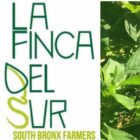 La Finca Del Sur
La Finca Del Sur“La Finca Del Sur/South Bronx Farmers is an urban farmer cooperative led by Latina and Black women and their allies. We are committed to building healthy neighborhoods through economic empowerment, increased nutritional awareness, training and education, and advocating for social and political equality and food justice in low-income communities.”
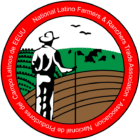 National Latino Farmers and Ranchers Trade Association
National Latino Farmers and Ranchers Trade Association“Our mission is to organize, engage and empower Latino farm and ranching advocacy groups, farmworkers transitioning into farm ownership, and, generally, small producers, throughout the United States and beyond. Furthermore, we are committed to promote sustainable farm and ranching policy for the improvement of farming operations. We provide training and technical assistance to our members to ensure the quality of products and the integrity of safe food systems. NLFRTA offers guidance on relevant farm and ranching policy, through forums and webinars. We facilitate meetings with state, local and federal elected officials and work closely with working-people to ensure full inclusion of their voices in Congress and our deliberations to the Farm Bill.”

“Salud America! is a national Latino-focused organization that creates culturally relevant and research-based stories, videos, and tools to inspire people to start and support healthy changes to policies, systems, and environments where Latino children and families can equitably live, learn, work, and play.”
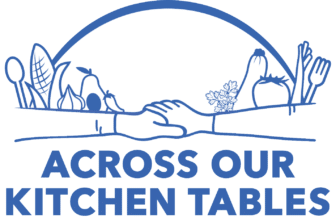 Across Our Kitchen Tables
Across Our Kitchen Tables“Across Our Kitchen Tables cultivates social spaces for self-identified women of color (WOC) and gender-non-conforming community members in food-centered work. We create safe spaces for community building and exchange of ideas that help generate and support relevant businesses, organizations, and culinary cultural expressions based on social responsibility.”
“Chicanos Por La Causa (CPLC) believes that all people, without discrimination, should have the power to live a life of dignity. Our programs work to help individuals and families achieve self-sufficiency by providing accessible healthcare; affordable housing; a quality education; access to meaningful work; and political representation.”
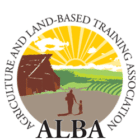 Agriculture and Land-Based Training Association (ALBA)
Agriculture and Land-Based Training Association (ALBA)“ALBA creates opportunities for low-income field laborers through land-based training in organic farm management, helping them advance their careers or pursue the dream of farm ownership.”
*2024 update: Visit GVI’s website to learn about recent changes to its model and team.
Related read: Why School Food is a Justice Issue | “Food sovereignty is a meaningful way we can learn to exercise our power, build belonging in our communities, and honor where we came from. In order for us to realize a truly just world, we must ensure that each one of us has the agency to choose foods and traditions that serve our health and wellness. Only we can decide what that looks like—and for our children, that journey begins in schools.”

Our 2024 Child Nutrition Policy Year in Review
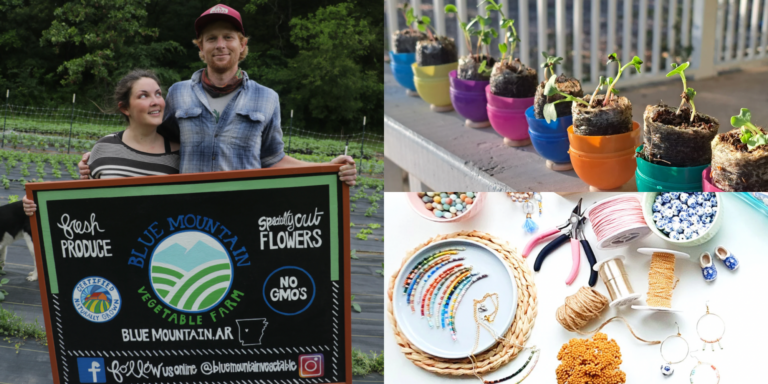
9 Thoughtful Holiday Gifts Made by FoodCorps Alumni

The Policy Brief, Fall 2024: After the Election